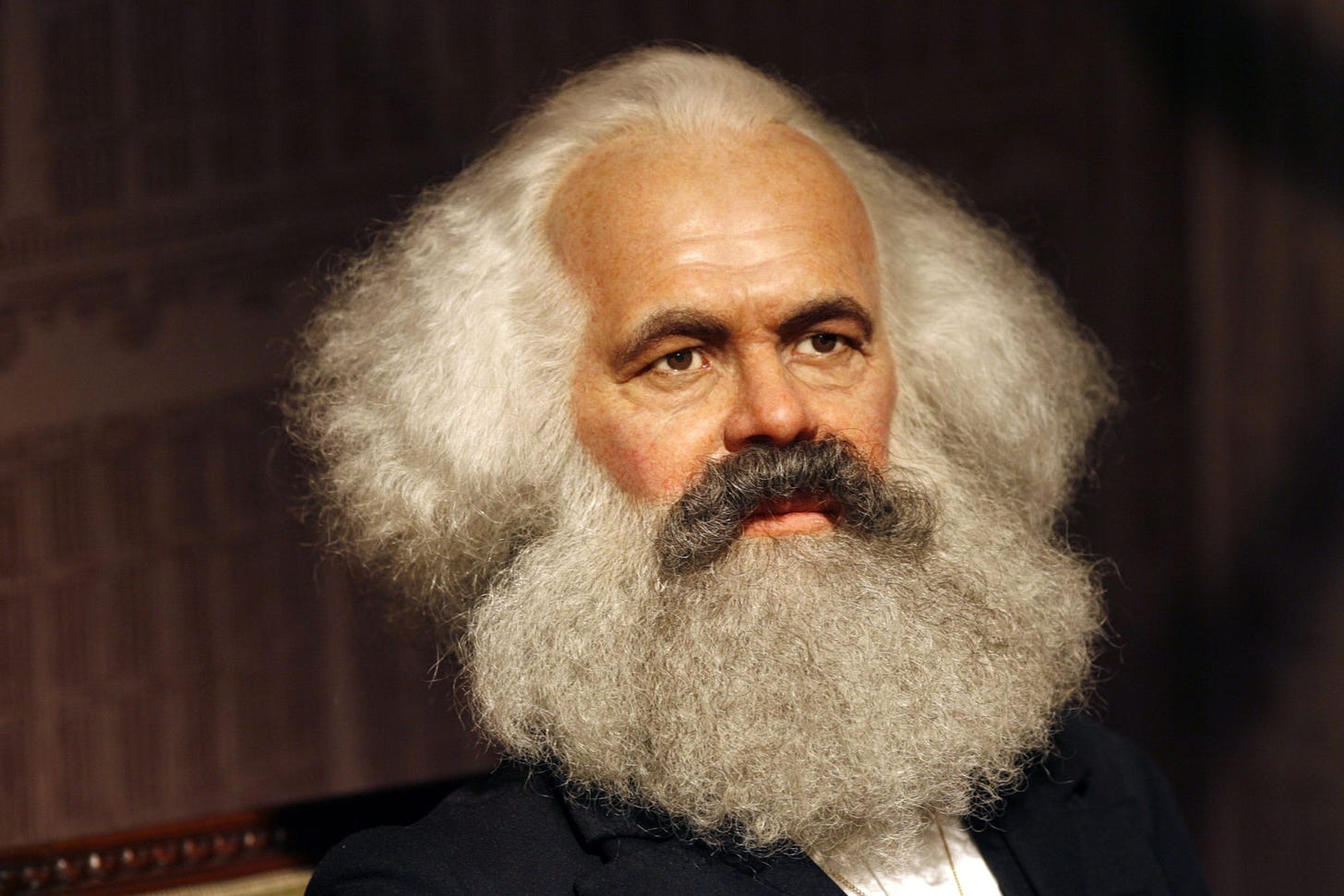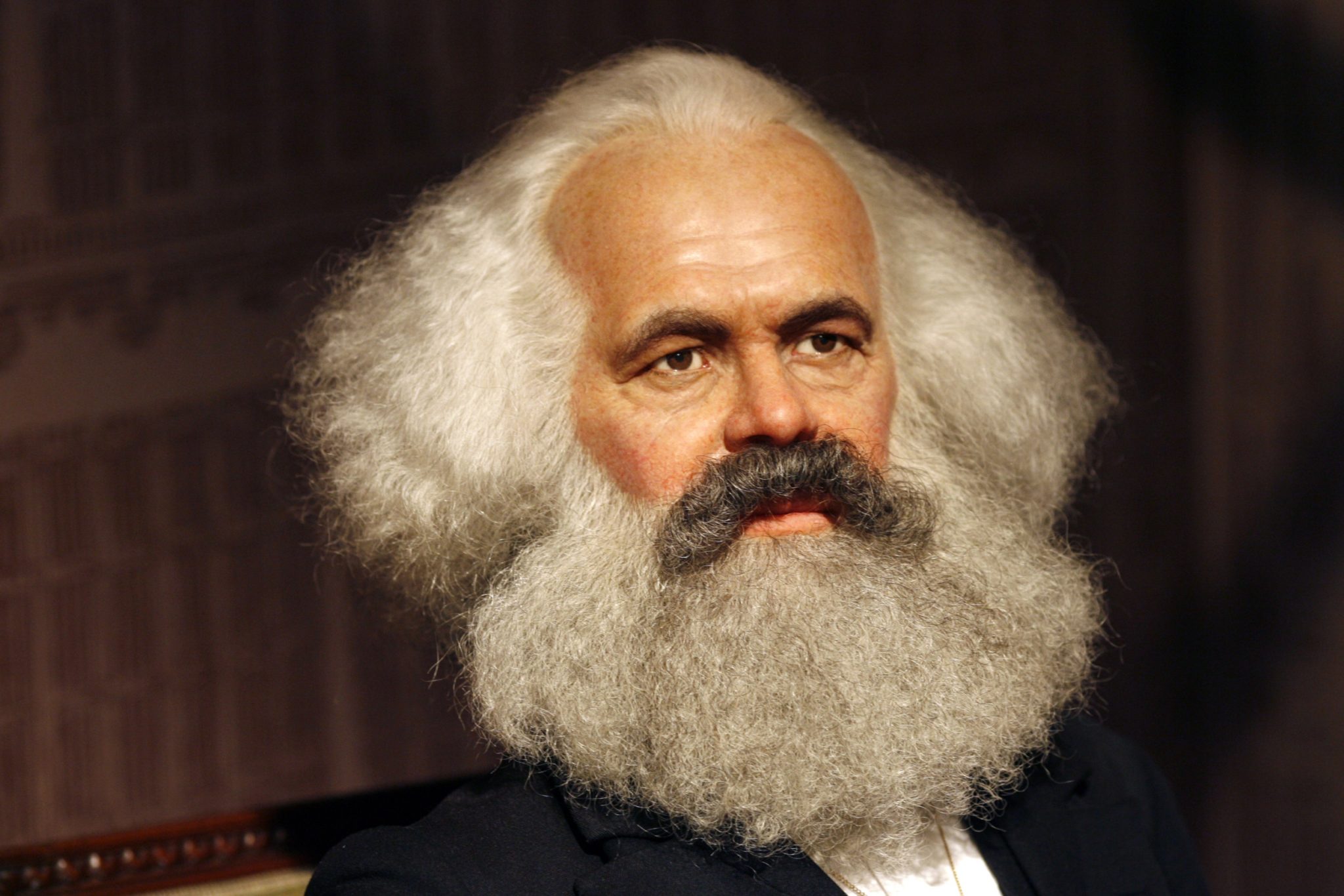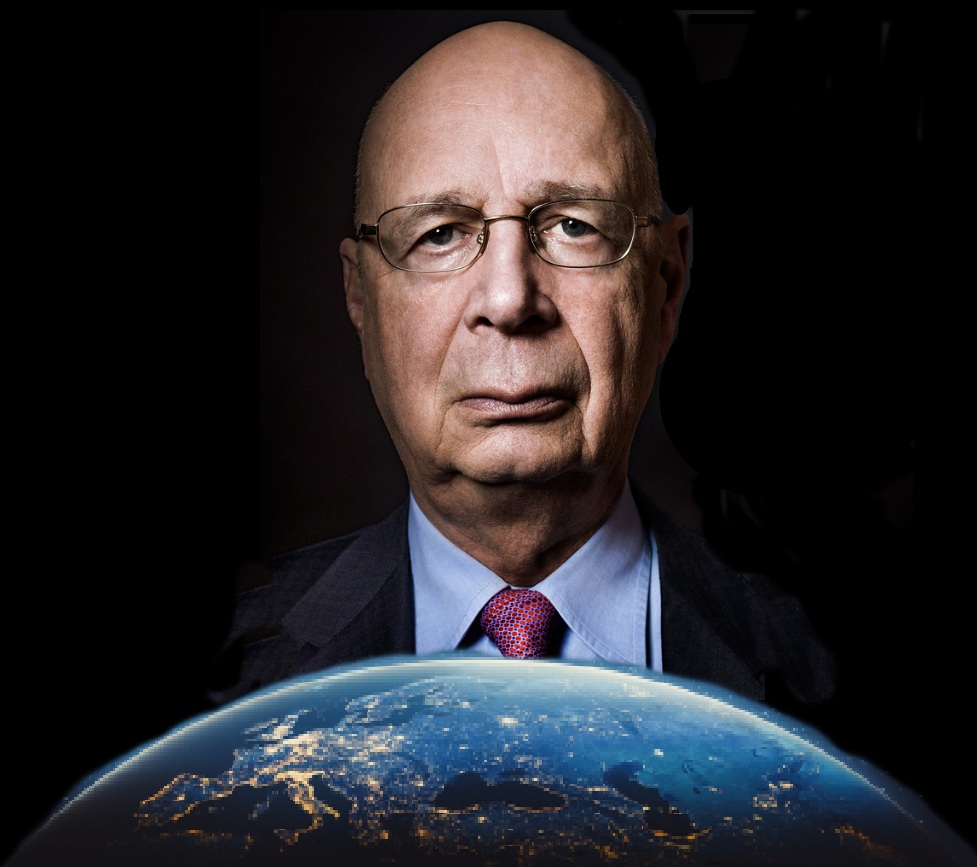In the first part of this series I introduced the Great Reset, a long-planned reorganization of our society according to Marxist ideals. Before I examine specifics such as DEI, CRT, and SEL, I need to explain the origins of Critical Theory, which is the foundation for everything else.

Critical Theory is inextricably tied to Karl Marx. As you surely know, Marx was a 19th century German philosopher who developed the concept of communism, a supposedly ideal ordering of society where everyone is equal, and where property is shared rather than some having more than others. He divided society into two groups of people: the oppressed and the oppressors. Marxism calls the oppressed the proletariat, the factory workers, toiling in harsh conditions with no hope of escape, while the oppressors were the bourgeoisie, the factory owners, who enjoyed the profits of another man’s labor.










He wasn’t a “German” philosopher, he was a Jewish philosopher.
Judaism is the Religion of Ba’al and Molech.
The Faith of Abraham is Trinitarian, Sacramental Christianity.
Until you understand the Jewish Revolutionary Spirit you can’t understand Marx.
He was a Jew boy and you knew that so why did you lie about it
The fact that you commenters know Marx was Jewish means you are not the target audience for an article introducing normies to cultural marxism and the war against Western Civilization. Pace.
Maybe